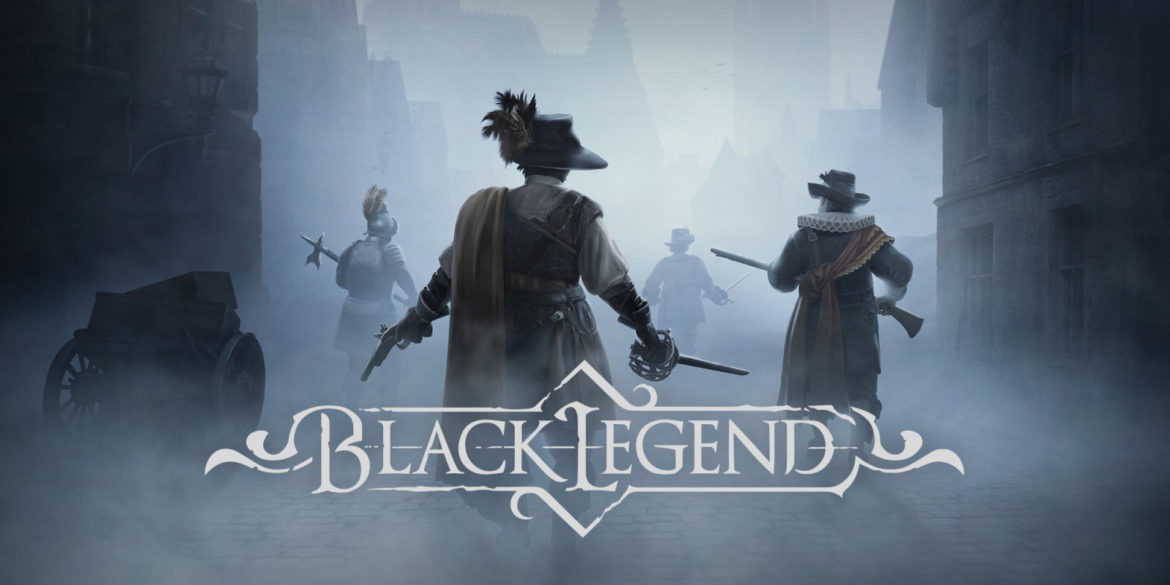TL;DR
Black Legend offers a stylish turn-based strategy experience with a dark, atmospheric narrative and a unique alchemy combat system. While the visuals are impressive and the story engaging, the repetitive combat animations and frustrating enemy mechanics like evasion and healing can lead to tedium. Despite its potential, many players might lose interest before fully appreciating its depth. Discover if this promising strategy game is worth your time by diving into the full review!
As a fan of turn-based strategy games, I’ve reviewed numerous titles over the years. Standouts include Gears Tactics and Mutant Year Zero – Road to Eden. Therefore, I was eager to evaluate Black Legend and assess its potential as a new favorite within the genre.
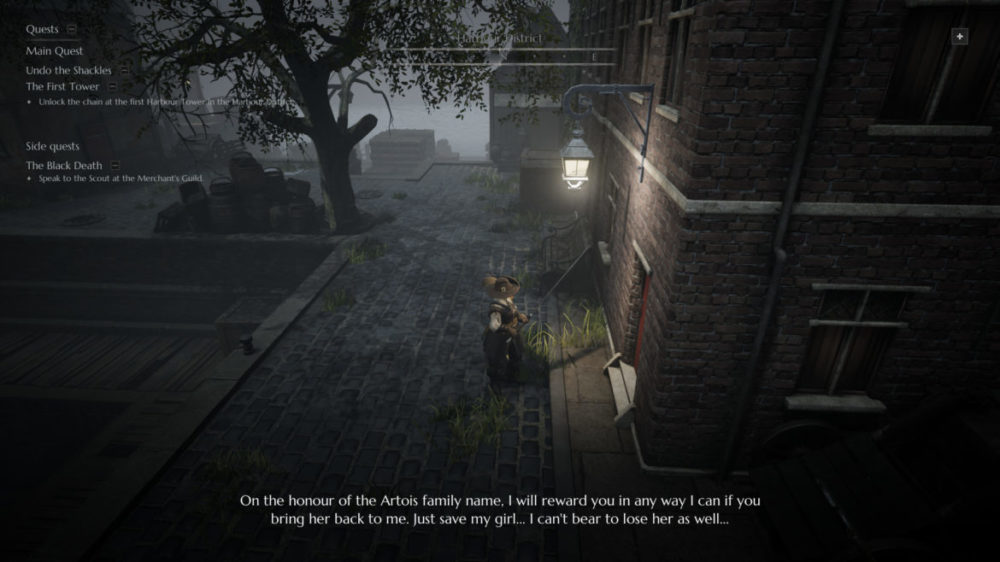
The narrative premise of Black Legend is relatively straightforward: Players are thrust into the city of Grant, which has fallen under the control of a malevolent cult. The player’s objective is to liberate the city and rescue its inhabitants.
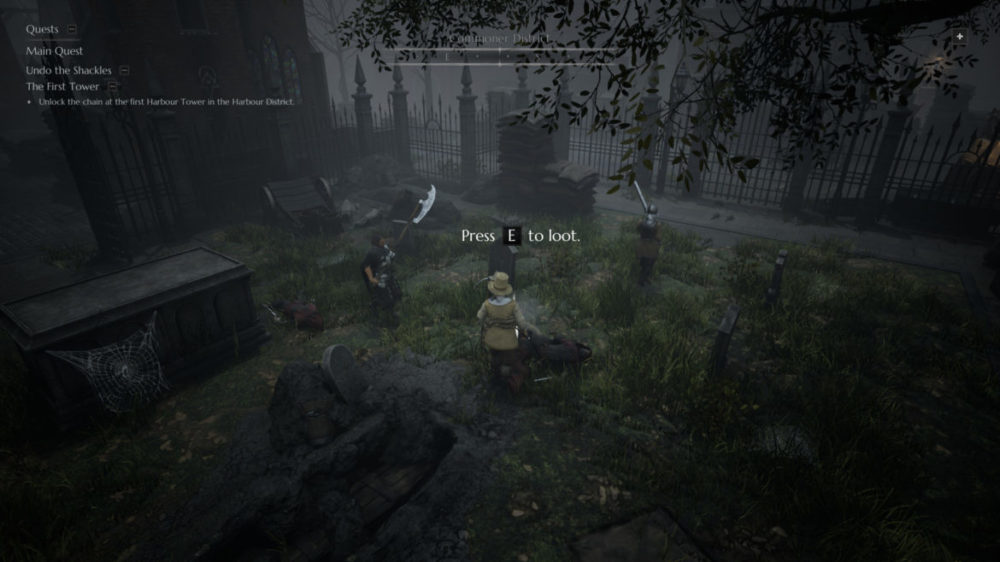
The game features stylish and well-executed graphics with a high level of detail. However, the animations are somewhat limited and can become repetitive, particularly during combat, where the same animations are frequently repeated. The atmosphere in Black Legend is notably dense and creates a palpable sense of mystery, which makes exploration engaging. The voice acting is well-done, contributing to a polished feel overall. The narrative is substantial, and the extensive upgrade options allow for considerable character customization.
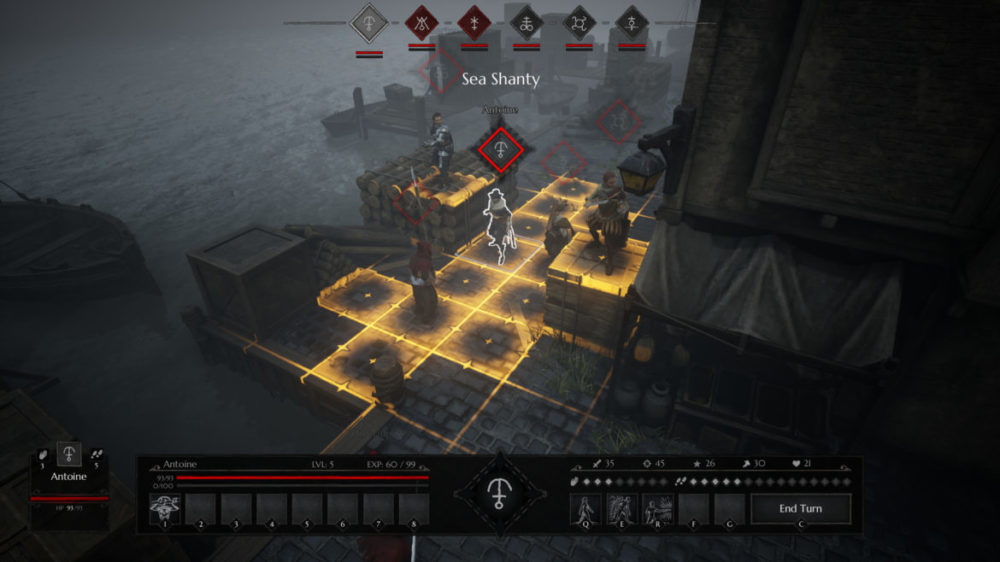
The combat system is built around an intriguing alchemy-based mechanic. The four stages of the Magnum Opus are represented as four distinct colors within the game. These colors are used to create various attack patterns that inflict bonus damage. While initially complex, the system becomes more intuitive and engaging with continued play.
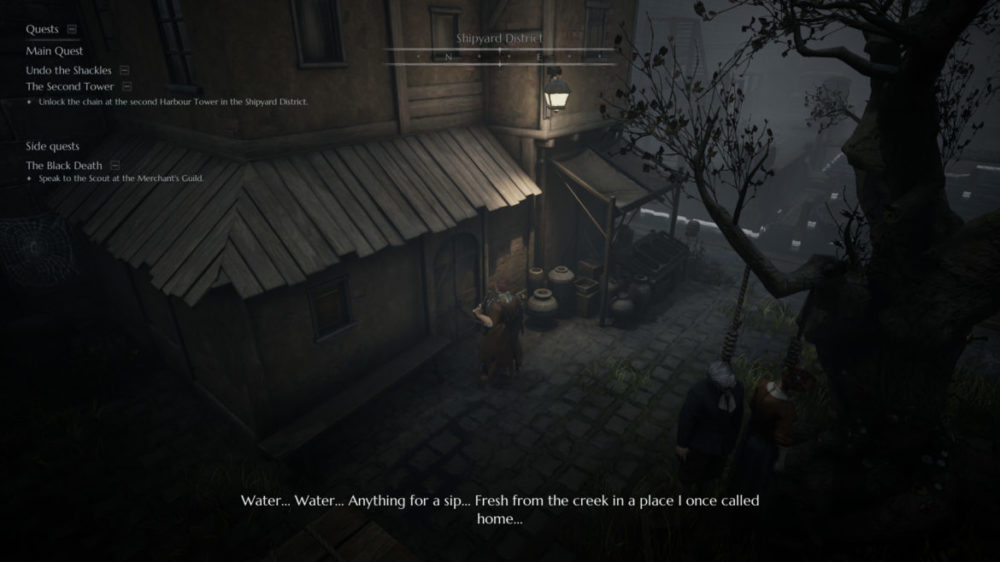
The primary drawback of Black Legend, and the reason for my hesitation in recommending it, is that the battles ultimately become tedious and repetitive, despite the innovative ideas implemented by the developers. The frustration of seeing enemies repeatedly evade defeat and heal themselves can be disheartening, significantly prolonging combat encounters. Furthermore, the initial lack of distinct character differentiation can make it challenging to distinguish between allies and enemies. This is unfortunate because Black Legend possesses the potential for genuinely compelling strategic battles. While the experience improves with a deeper understanding of combat techniques and unlocked content, the risk remains that many players will lose interest early on. Ideally, a game should captivate the player from the outset, rather than requiring them to force enjoyment.
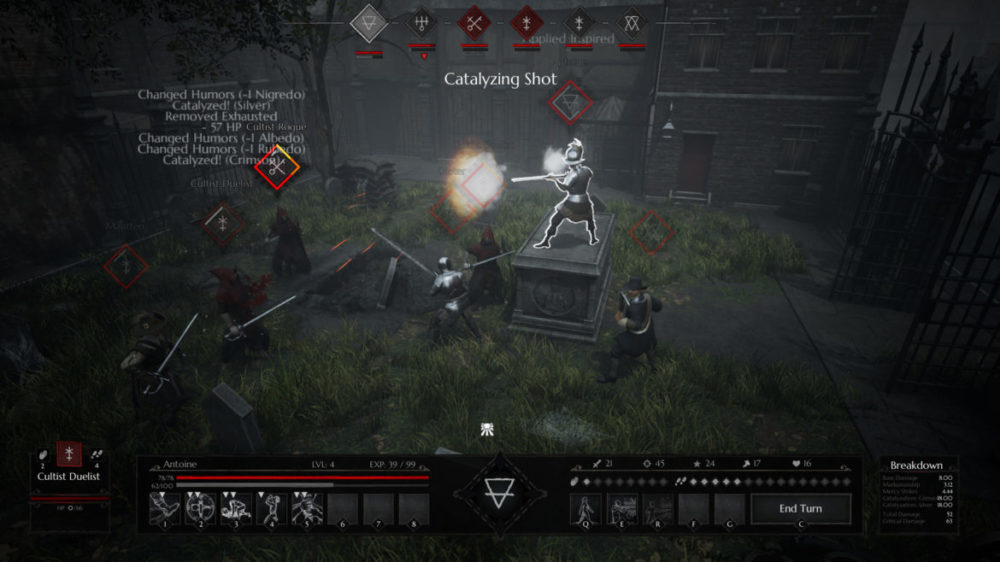
In conclusion, Black Legend is a visually appealing and conceptually interesting strategy game that would benefit significantly from a faster pace and a more varied structure. While it demonstrates potential, it ultimately falls short of achieving excellence.
